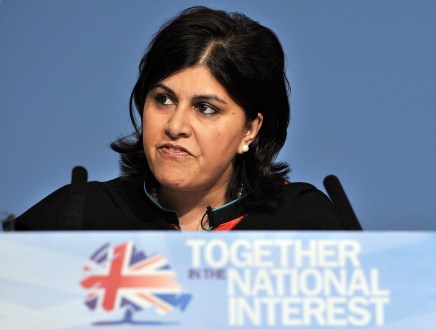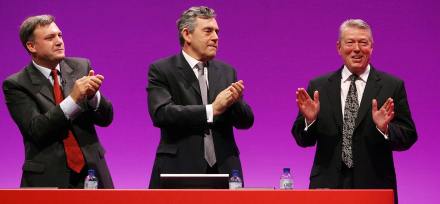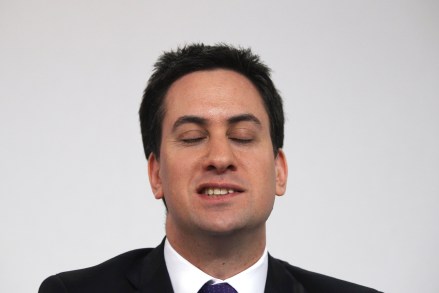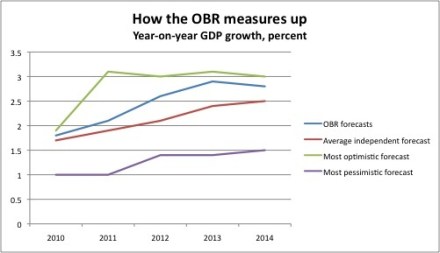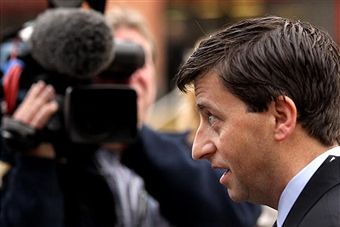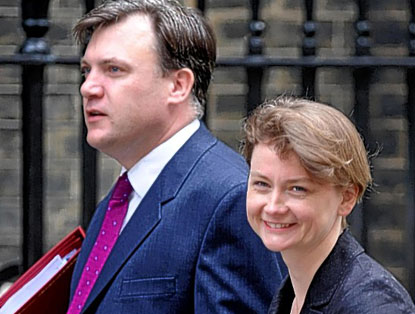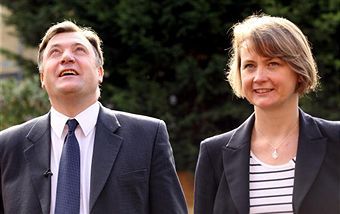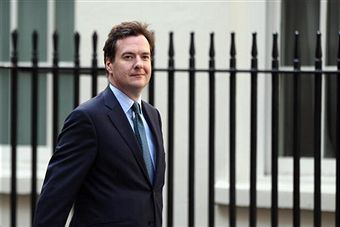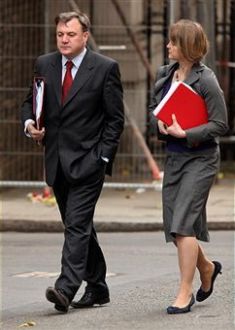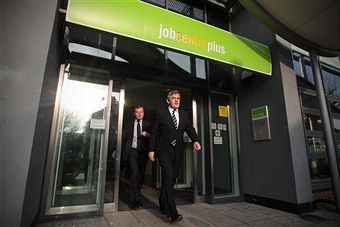Warsi takes on the Tory right
After the result, the spin. We got the first drafts of each party’s response to the Oldham by-election in the dark hours of this morning – but the picture is solidifying now that the sun has risen. What’s clear is that both Labour and the Lib Dems are having an easier time putting on a united front than the Tories. The Labour response was typified by Yvette Cooper’s appearance on the Today Programme earlier. She broadcast the message that her party would have broadcast whatever the result: that this is defining proof that the public doesn’t back the coalition and its economic policy. And as for the Lib Dems, they’re
